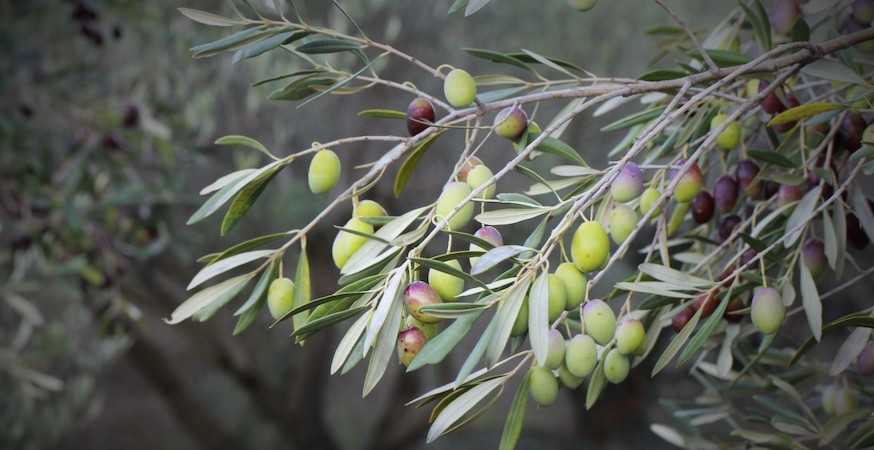Israel’s Suffering for Our Sake
In his letters Paul addresses specifically the Gentiles, the non-Jews, at least twice. He does this in the Book of Ephesians and in Romans 11. In both books he discusses matters dealing with Israel and the Church (to which a growing number of Gentiles began to belong). He warns the Gentiles for an arrogant attitude towards Israel. I think that Paul might have sensed that things could go very wrong in the relationship between Christians and Jews, as has happened unfortunately. Christianity raised itself above natural Israel, the Jewish people. The most prominent Christian theologians and pastors of the past two thousand years have not pored over and heeded Paul’s words very well. Fortunately, this is beginning to change more and more. In Romans 11 Paul writes that natural branches have been broken off of the cultivated olive tree so that we as wild olive shoots could be grafted in. You can only engraft after cutting off branches first. That we as Gentiles can share the salvation promised to Israel, that came into this world through Israel, is because the natural branches have been cut off. At the expense of the natural branches (Israel), we as wild olive shoots may share the nourishing sap from the cultivated olive root.
It is not normal to graft wild, non-fruit-bearing branches. Normally you use an ordinary trunk on which you engraft special branches that produce certain fruit. The trunk only has to transfer the nourishing saps. But now wild branches (Gentiles) are engrafted on a noble trunk. That has happened through God’s sovereignty because first the natural branches were cut off. At Israel’s expense we share in the salvation. Just as we share salvation at the expense of Jesus. How inconceivably foolish, arrogant and ungrateful it is when those wild branches begin calling them names, demonizing, persecuting and cursing the natural branches that have been broken off for the wild branches’ good. Israel has suffered for us and is still suffering for us today. God’s firstborn Son, our elderly brother, deserves our gratitude and our support. We should humble ourselves because of this arrogant attitude that – in spite of Paul’s warnings – became so common in Christianity.




